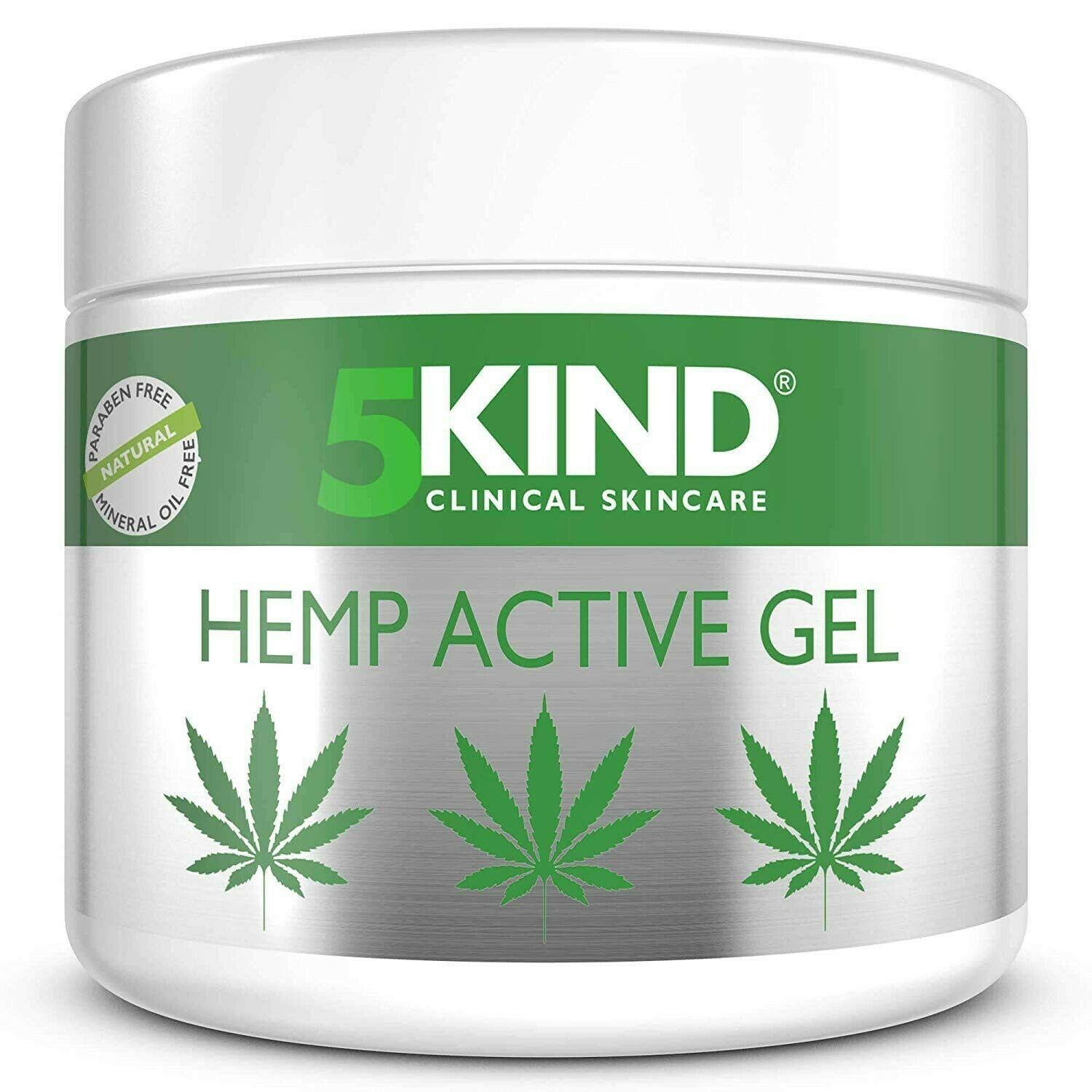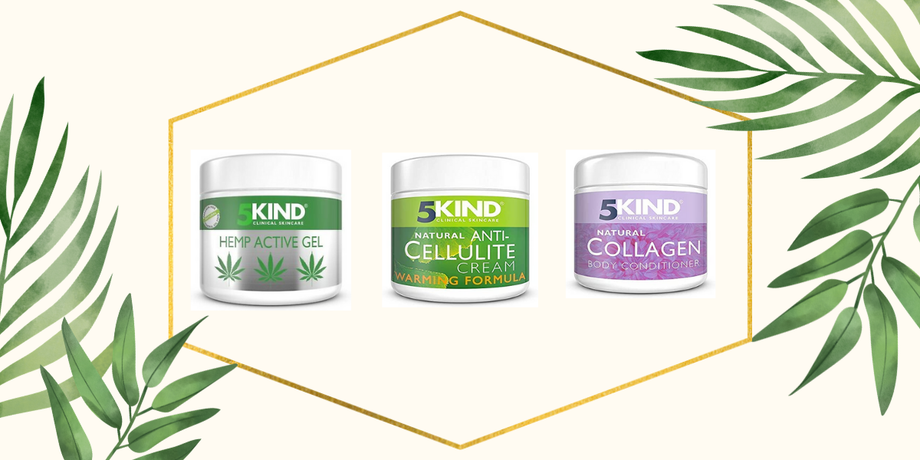The stress ? A natural state of alert to respond punctually to a situation of danger? But yes ! Because if in some cases, our heart beats faster, we feel oppressed, if the throat is tight and well it is natural: the body reacts in order to oxygenate the brain and the muscles in priority to better think and fight! A knot in the stomach? It is the slowing down of the digestive system to give priority to the most urgent functions. Pupils dilate? It is to quickly find a way out. So these natural reactions are not the result of chance ... But it is when the stress becomes chronic that the organism is lost so ... what to do?
Stress: what is it?
Understanding the action of stress is already mastering it! Stress was discovered as general adaptation syndrome : what happens when the body monopolizes its resources to dominate or escape the situation.
Indeed, we tend to forget it but stress reactions are normal and useful ! We know, for example, that the level of performance at the time of an action is better when there is a certain dose of stress because it allows to provoke a greater motivation, to better judge the parameters of the situation, to s 'adapt to it and prepare for it. A very large number of people enjoy this stressful excitement and research (in the field of competition for example) but in others the stress reactions are so intense and so long lasting, even in common situations that it is detrimental to them. their social and professional functioning. In addition, in some, the nervous system is slow to trigger the essential relaxation reaction, necessary after the disappearance of the stressor!
We can break stress down into 3 phases : alarm, resistance and exhaustion.
During the alarm phase, the body secretes more adrenaline, memory, thinking, vigilance are improved, the pupils dilate to increase visual acuity and all the body's functions are mobilized to be able to respond to way adapted to the source of the stress, the danger.
If the stress persists, the body returns to resistance and tries to monopolize other resources to find a new balance in the presence of this stress. Thus the body will secrete other molecules: endorphins (soothing), cortisol, dopamine or serotonin. At this stage, stress is still a beneficial stimulating agent for the organism allowing it to react to situations that could endanger it.
In case of prolonged persistence of the stressful stimulus, the organism then becomes unable to cope and this is the phase of exhaustion by the loss of energy reserves. Immune defenses decrease, making the body sensitive to external aggressions and a state of excessive tension sets in, generating fatigue , irritability and even a depressive state .
From stress to chronic stress: warning signs
When the stress is prolonged, the immune defenses are very often exceeded and insufficient and this exhaustion triggers and accelerates the evolution of certain disorders which can be different according to the people:
- Gastrointestinal problems : heartburn, ulcers, bloating, abdominal pain.
- Muscle tension : low back pain, neck pain or shoulder pain.
- Skin diseases : eczema, psoriasis, seborrheic dermatitis, acne, shingles, herpes outbreaks, hair loss ...
But, be careful : all of these manifestations mentioned can also be a sign of other diseases, so you should consult your doctor who can make the link between symptoms and stress.

Chronic stress and acute stress: what are the differences?
If chronic stress exists, what is acute stress? Acute stress causes symptoms that are very intense to the point of temporarily interfering with normal occupations. This problem can appear after a traumatic event (death of a loved one, accident, financial loss…) or in the expectation of a destabilizing event (examination, interview, etc.). By definition, this acute stress is temporary and causes temporary discomfort but which can be repeated with a certain frequency depending on the circumstances of life!
Chronic stress is a permanent state for which risky situations are well identified such as:
- An anxious personality who is then very sensitive to stressors.
- A difficult and persistent situation over time that cannot be changed or resolved: precarious employment, financial situation, harassment from a superior, illness, relationship with children, within the couple, etc.
- The accumulation of several stress-generating situations which overlap over time.
How to avoid chronic stress?
Some tips can be applied to avoid this situation of chronic stress:
Food
It plays a key role since excessive stress can make you fat or lose weight and it has its place in prevention in the control of chronic stress. Indeed, the energy necessary for the body to cope with stress is provided by slow sugars (starches) which also have a sedative effect. On the other hand to counteract stress thanks to the synthesis of neurotransmitters such as serotonin, dopamine, GABA, nutrients provided by the diet are necessary with in particular: magnesium (whole grains, eggs, chocolate, green vegetables, dried fruits or by complementary contributions in pharmaceutical form ). Finally, group B vitamins, zinc , vitamin C and omega-3 fatty acids are necessary to promote the transmission of nerve impulses and fight effectively against stress.
There are food supplements that help the body adapt to stress and better manage it: they contribute to nervous balance and well-being.
1. Hemp Active Gel
2. 5Kind Hemp Active Gel
3. Stress Relief Gel
4. hemp joint and muscle active relief gel
The lifestyle
Relaxing sports activity ( yoga, walking, gymnastics, cycling ), quality sleep with a regular number of hours of sleep . No tobacco or alcohol which are exciting. Hot bath with essential oils. Listen to music…
communication
Talking about stressful situations encountered helps to limit nervous tension by avoiding isolation. In the case of post-traumatic stress, it is recommended to talk about the traumatic event to release the anxiety and prevent psychological sequelae.
How to fight chronic stress?
To stop an anxiety attack, controlling your breathing is a great help: breathe in slowly through your nose while inflating your stomach and exhale ten times throughout the day. Relax by trying to play down, don't be alone if possible. In pharmacies, sprays based on natural products are available (Rescue® spray, Urgences spray®) as a spray under the tongue to facilitate immediate relaxation and manage an anxiety attack .
Drug treatments for anxiety and stress.
Without prescription
- Magnesium is involved in neuromuscular functioning and its deficit can cause : nervousness, irritability, fatigability, muscle cramps, difficulty falling asleep, concentration problem . You should know that magnesium needs vary with age and sex and increase a lot during pregnancy, but several studies have shown that 77% of women and 72% of men in France have insufficient magnesium intake . The average requirement for magnesium in supplement form is 300mg per day. Associated with the relaxing and rebalancing vitamin B6, magnesium is also better assimilated by the body. Beyond this dose of 300mg / day, a laxative effect is possible.The cures must be done for at least 3 months and are renewable during the year: ask your pharmacist for advice.
- Omega-3s make it possible to maintain an emotional balance on a daily basis thanks to their action on memory, concentration and learning facilities which would confer good mental health .
- Apha-casozepine : it is a decapeptide obtained by hydrolysis of casein which has an affinity for GABA receptors and which would thus bring a notable reduction in stress for the dose of 150 mg / day for an adult.
cannot synthesize on its own and which must therefore be provided through food. It is the precursor of serotonin, the chemical messenger of good humor which allows transmissions from one neuron to another and therefore prevents manifestations of stress and mood swings. Food does not generally cover all the tryptophan needs and a supplement can be provided on a daily basis.
On prescription
- Benzodiazepines are prescription drugs which are anxiolytics, hypnotics, anti convulsants and muscle relaxants. Warning : their abuse leads to tolerance, addiction and therefore a need to increase the doses and dependence. Consult your doctor.
- Other anxiolytics and anti-depressants : many molecules only on prescription exist with anxiolytic and / or antidepressant functions and which represent the basic treatment of anxiety and stress. The prescription of a type of molecule is decided by the doctor after analyzing with the patient the symptoms, frequency and severity of the impact of stress on his daily life.
- Beta blockers are only indicated if the stress has repercussions and cardiovascular consequences ( tachycardia, hypertension, etc.). Here again, this treatment is only considered on prescription from the doctor.
your doctor in the event of significant persistence of the disorders and in the event of stress accompanied by great sadness, black thoughts and / or loss of interest which may then reflect a depressive state.
Treating anxiety and stress: homeopathic treatments
In homeopathy, anti-stress solutions exist with many drugs suitable for all: Passiflora compound in granules (3 granules 3 times per day), PC® Sedative (in tablets to be sucked 4 to 5 times per day), Zenalia® for the just jitters before an examination or an interview, Calmodren® in granules (3 granules 3 times a day)…
For homeopathic treatments adapted to each one, it will be advisable to consult your homeopathic doctor in order to precisely establish the terrain of each individual and then to adapt the homeopathic strains and dosages to be used.
Among these specific treatments it is possible to cite :
- Ignatia 9CH: 3 granules twice a day in case of lump in the throat, physical and verbal agitation
- Argentum nitricum 9CH
- Gelsemium 9CH
- Pulsatilla 9CH
- Aconite 9CH in case of significant terror
- Phosphorus 9CH
- Sepia 9CH
In all cases, seek advice from your pharmacist for the indications and dosages to use.
Treating anxiety and stress: herbal medicine treatments
In herbal medicine, a very important help can be given to fight against stress and anxiety , however as a precaution it will be advisable not to use herbal medicine during pregnancy and breastfeeding and medical advice is necessary in case of association with other sedatives. Among the plants most used in the symptoms of stress we find:
- Passionflower
- Valerian
- Hawthorn
- Eschscholtzia (California poppy)
- the Ballote
- Lavender
- lemon balm
- Rhodiola ...
Some are indicated in the case of somatization with heart palpitations :
- Hawthorn
- Passionflower
- Eschscholtzia
And others in the event of associated digestive signs: Lavender, Lemon balm, etc. Ask your pharmacist for advice.
Treating anxiety and stress: aromatherapy treatments
ATTENTION : Theessential oilsare contraindicated for pregnant women and children under 6 years old. In all cases, seek advice from your pharmacist before using essential oils.
For essential oils to be relaxing, they must contain molecules which are negative ions , for this they are oils rich in linalool (such as essential oil of officinal lavender or small grain sour orange ) or essential oils containing esters like Roman Chamomile Essential Oil .
We can also mention as anti-stress essential oils :
- Marjoram Essential Oil
- Ylang ylang Essential Oil.
Ready-to-use essential oil formulas exist in the form of relaxing baths, massage oils, relaxing spray, composition for diffusion or even roller or capsules to swallow. In all cases, seek advice from your pharmacist for the use of these essential oils.
So while acute stress is a surprising state of alert and a natural reaction to a dangerous situation , chronic stress can lead to the poisoning of life. The meaning of the word "stress": mechanical tension ! So, indeed, if stress management begins with relaxation and relaxation techniques, a number of solutions can be offered to you in pharmacies . And when the sunny days start to fade and the meteorological gloom affects morale, say no to stress and then ask your pharmacist for advice.

